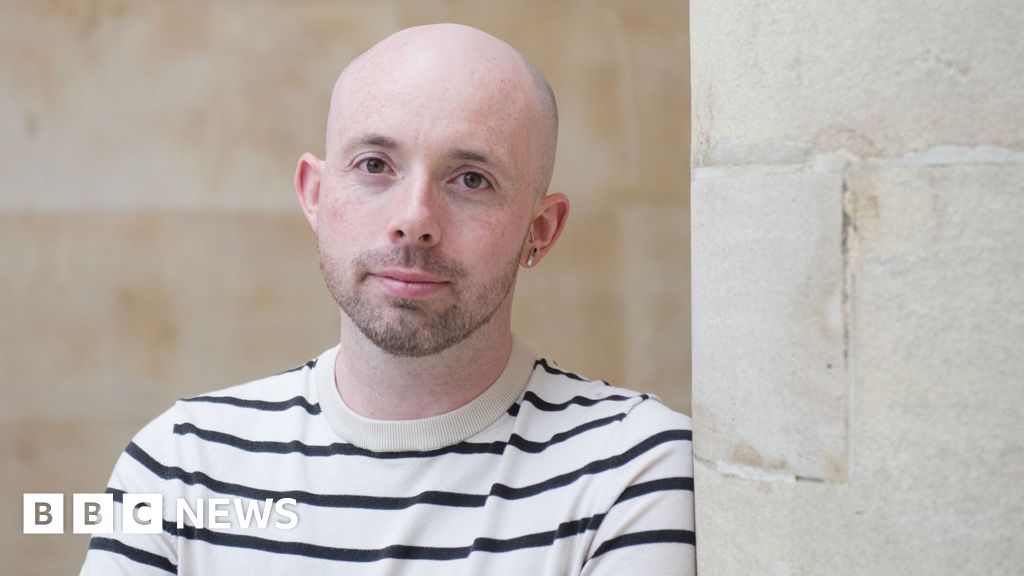
"I'm bald, and that bothered me for a long time. It bothered me that I was bothered. But just one swipe down my Instagram feed reveals I'm not the only man who is self-conscious about his hair. I'm greeted with videos and posts offering me hair transplants, regrowth tablets, thickening sprays, powders that fill gaps, and hair systems (once known as wigs or toupees). These products promise to restore my "lost confidence" and stop my lack of hair from "holding back" my life."
"According to the International Society of Hair Restoration Surgery (ISHRS), hair transplants are becoming more common around the world - and the people having them are getting younger. This global collective of surgeons, doctors and experts found 95% of its members' patients sought hair restoration surgery between the ages of 20 and 35 - and that's something hair-loss surgeon Dr Nilofer Farjo confirms is mirrored in the UK."
"When my hair first began to recede in my early 20s, I tried my best to cover it up, tactically styling and positioning it in a way that hid the new patches of scalp I hadn't seen before. Then, while out for my brother's stag do in a Liverpool nightclub, something happened that I haven't been able to forget since."
Many men experience deep self-consciousness about hair loss, intensified by social media advertising a wide range of hair-restoration products. Treatments promoted include transplants, regrowth tablets, thickening sprays, powders, and hair systems that promise restored confidence and life improvement. Global data from the ISHRS indicate rising transplant rates and a shift toward younger patients, with 95% of members' patients reportedly seeking surgery between ages 20 and 35. Personal experiences often involve early concealment attempts followed by embarrassment from public remarks, increasing long-term self-consciousness. Cultural views on baldness and restoration are evolving alongside greater availability of interventions.
Read at www.bbc.com
Unable to calculate read time
Collection
[
|
...
]